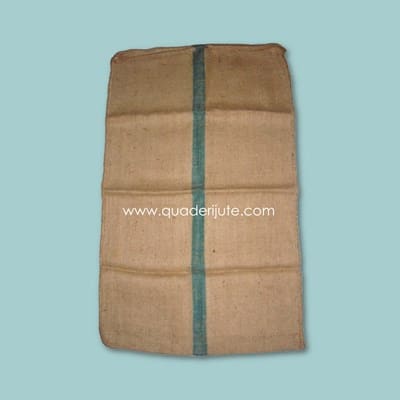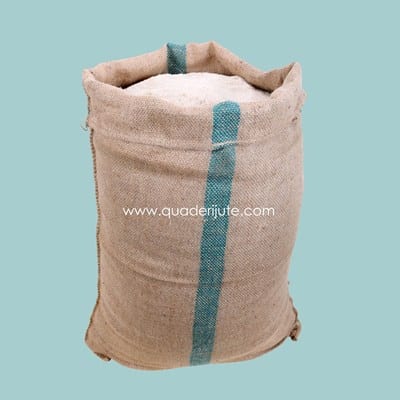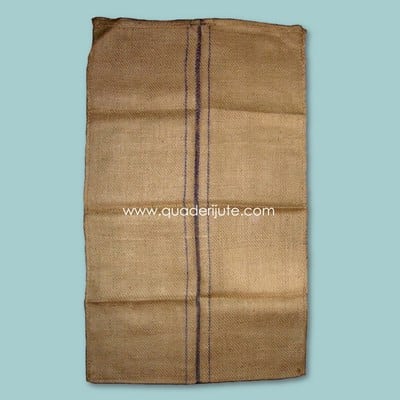Corporate Address:
House – 42, Road – 06
Mohammadi Housing Society,
Adabor, Dhaka – 1207, Bangladesh.
Work Hours
Saturday to Thursday: 7AM - 7PM
Weekend: 10AM - 5PM
Corporate Address:
House – 42, Road – 06
Mohammadi Housing Society,
Adabor, Dhaka – 1207, Bangladesh.
Work Hours
Saturday to Thursday: 7AM - 7PM
Weekend: 10AM - 5PM
We are regularly exporting the following types of Bangladesh Jute Bag or jute sacking bags particularly with Hemmed at the mouth, Overhead. STD Binola Jute Bags are generally used for Africa’s main crops such as Coffee, Cocoa, Cashew Nuts, Sesame, gum arabic, sorghum, and sugarcane. The main subsistence crops are sorghum and millet, with smaller amounts of wheat, corn, and barley packaging of various agri-commodities as much as viz, Cocoa beans, Coffee beans, Cashew nuts, Peanuts, Shea nuts, Groundnuts, Palm kernels, Grains, Maize, Wheat, Paddy, Rice, and Cereals, etc.
Moreover, among our offered STD. Binola Jute Bag particularly there are sacking bags and burlap Sack or Hessian Sack or gunny Sack bag. Particularly, for example of Twill Sacking Bags are Binola twill bag, B-Twill Bag, L-Twill Jute Bags, and A-Twill Jute bag, etc. Whereas Light Cees Bag, Heavey Cees Bag, DW Hop Bag, DW Nitrate Bag, DW Flour Bag, and DW Salt Bag, etc. are examples of DW Bags or Double Warp bags too. On the other hand, a burlap bag or hessian bag produced from hessian cloth comes with plain weave only.
In conclusion, Our customer uses Binola Jute Bag for the packaging of various agri-commodities viz. Cocoa beans, Coffee beans, Cashew Nuts, Peanuts, Shea Nuts, Groundnuts, Palm kernels, Grains and Maize, Wheat, Paddy and Rice, Cereals, etc.
EXW, FOB, CFR, CIF as per INCOTERMS 2010
Negotiable Documents
Meanwhile, using jute is a statement now to switch to green living. Ultimately, the planet is constantly under threat by various harmful elements like plastic and other inorganic components. Subsequently, Jute is the chief weapon to prevent harmful consequences. Ultimately we are bound to save our next generation. Otherwise, they will not forgive us.
Beyond Jute’s versatility, jute offers numerous environmental advantages. Besides, The plant need not too much fertilizer or even in Zero pesticide use. And, particularly in comparison to other yarn production, For this reason, Jute’s side effects are almost nil. In addition, the jute plant is renewable and the left roots and leaves fallen on the land make ultimately a good fertility of the Land.
Jute fabric is easy to produce, and the process has a lesser impact on the environment than many synthetic materials. In general, natural fibers, including jute, hemp, and flax, have a much lower carbon footprint than glass and mineral fibers. Furthermore, the expired fiber from jute can be recycled more than once, making every aspect of jute— from seed to expired fiber—sustainable.
Environmentally conscious, fibers are 100% biodegradable, which means that any product made from jute fibers and, willfully decompose for this reason, at the end of the product life cycle.
Moreover, the plant has nutritional benefits. The jute leaves contain Vitamin C, calcium, and iron. And, they are rich in antioxidants and are also used in ayurvedic treatments.
You must be logged in to post a review.



Raj Shetty –
Very good product. Durable and well finished. Delivered on time. I Appreciate.